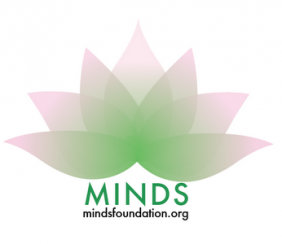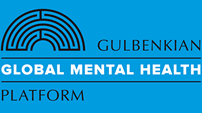The MINDS Foundation

The MINDS Foundation was founded by Raghu Appasani (Wesleyan 2012) the Summer before his junior year. At this point, Raghu had already volunteered in India, had extensive research experience, and had many conversations with mental health professionals working in India. It was all of these experiences, tied with his presence during his cousin’s diagnosis with epilepsy, which sparked him to begin MINDS. In India, there are three primary barriers to mental health care: (1) accessibility, (2) economic stress, and (3) social stigma. Individuals suffering from mental illness, particularly those living in rural regions outside of major cities, often have limited access to medical professionals, facilities, and resources due to transportation and accessibility problems. When such individuals actually reach professional care, they are often unable to afford the long-term counseling and medication treatment necessary to care for mental illness. In addition, these individuals often face social stigma in their own community– typically due to a lack of comprehension of mental illness –that may discourage them from seeking treatment even when it is available and economically feasible.
The MINDS Foundation seeks to overcome all three of these barriers through a grassroots, low-cost treatment program. Currently, the program operates in 19 rural villages in the region of Vadodara, Gujarat, India, in partnership with a local hospital and medical school, Dhiraj General Hospital/Sumandeep Vidyapeeth University (SV). MINDS provides funding for community education, transportation, medical treatment and research. MINDS harnesses existing infrastructure and medical expertise of SV to bridge the rural-urban divide and provide treatment for those suffering from mental illness. The treatment program consists of 3 phases: education, treatment, and reintegration.
MINDS’s strategic goals are laid out over a five-year timeline. One year from now, MINDS aims to successfully treat the current round of patients, provide them with vocational and occupational skills, and empower them through employment opportunity. Within two years, MINDS aims to expand beyond the original 19 villages and run the 3-phase program again in order to replicate the impact and show that this program is a sustainable model for providing mental health care to rural regions. Five years from now, MINDS aims to share this model with other health institutions like SV in India and Latin America. These organizations will then be more equipped to effectively provide mental health care to remote rural regions. This model will enable us to scale our impact while still staying true to our model of bridging existing resources.
